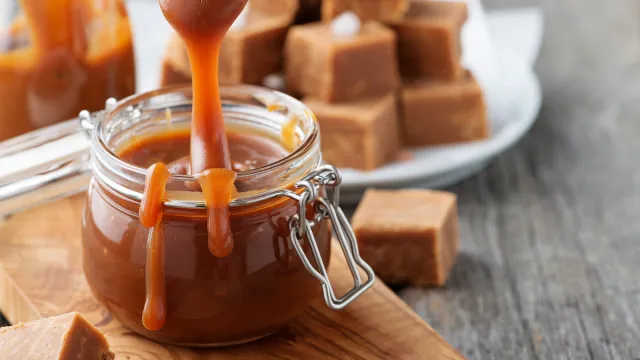60 Words People Pronounce Differently Across the U.S.
These words come out sounding completely different, depending on where you live or grew up.
The next time you talk to someone from the other side of the U.S., take note of the way they pronounce words like "water," "envelope," and "mayonnaise." Maybe you didn't notice it before, but your cross-country comrades likely have vastly different ways of saying these everyday terms. Read on to learn more about 60 words that are pronounced differently across the U.S. The next time you visit Wisconsin, you won't be confused when you're asked if you brought your own "bayg" at the grocery store.
READ THIS NEXT: The 60 Most Beautiful Words in the English Language—And How to Use Them.
1
Huge

Do you pronounce the letter "h" in words like "huge?" If so, you're among the majority of Americans. But in the Harvard Dialect Survey, a linguistics survey conducted in the early aughts by a team led by Bert Vaux, approximately three percent of respondents—mostly people in the Northeast—noted that they don't pronounce the "h" sound when saying words like "huge," "humor," "humongous," and "human."
2
Water

Most Americans refer to the stuff that comes out of the tap as "wah-ter." But if you were raised in the Philadelphia area, your pronunciation probably sounds more like "wooder" or "wooter."
3
Been
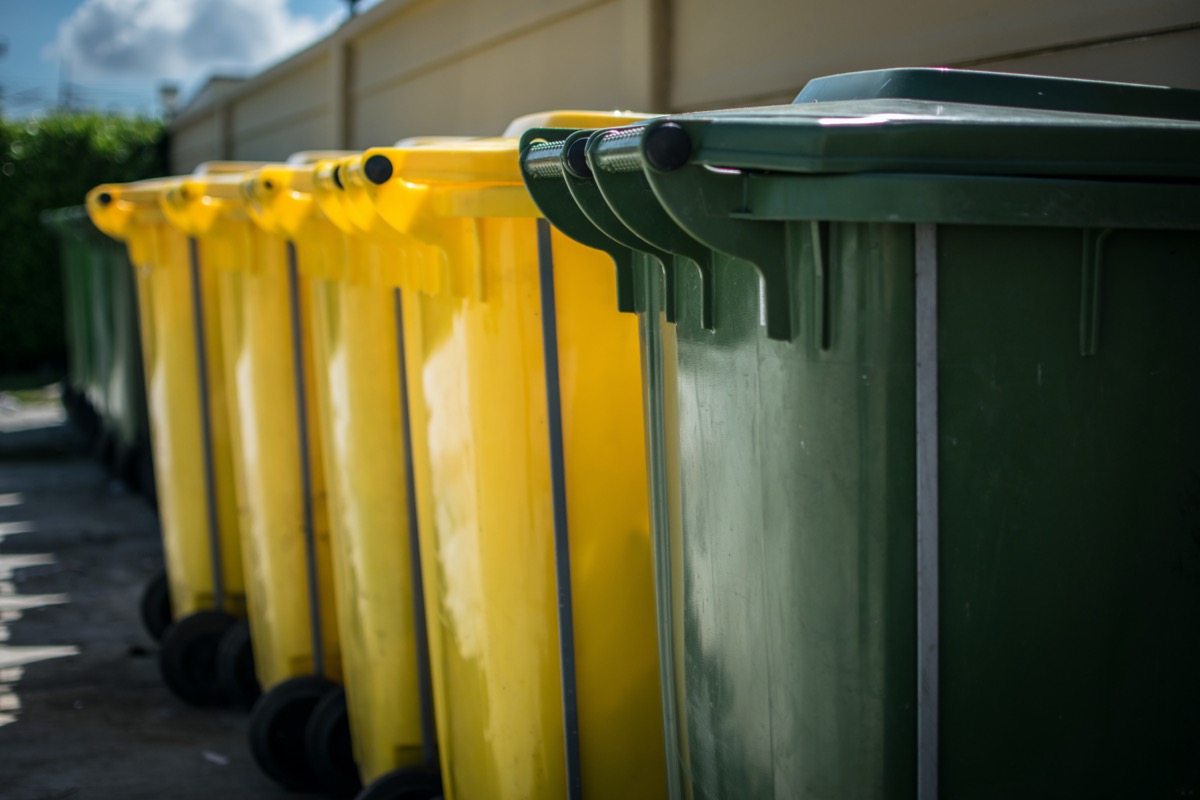
For the majority of us, the word "been" rhymes with "bin," like the ones pictured above. But people in North Central states near Canada would say "ben," like the name.
4
Egg

Having breakfast in the Pacific Northwest? You're likely to hear diners around you pronounce "egg" like "ayg."
5
Picture

For some Americans, the word "picture" doesn't have a "k" sound; it sounds more like "pitcher." There's less of a regional divide with this one—you'll hear both pronunciations all over the country.
6
Downtown

In the Pittsburgh area, the "w's" in "downtown" disappear and are replaced by an "ah" sound. So, if a Steelers fan asks you if you want to go "dahntahn," you know they want to head into the city.
7
Iron
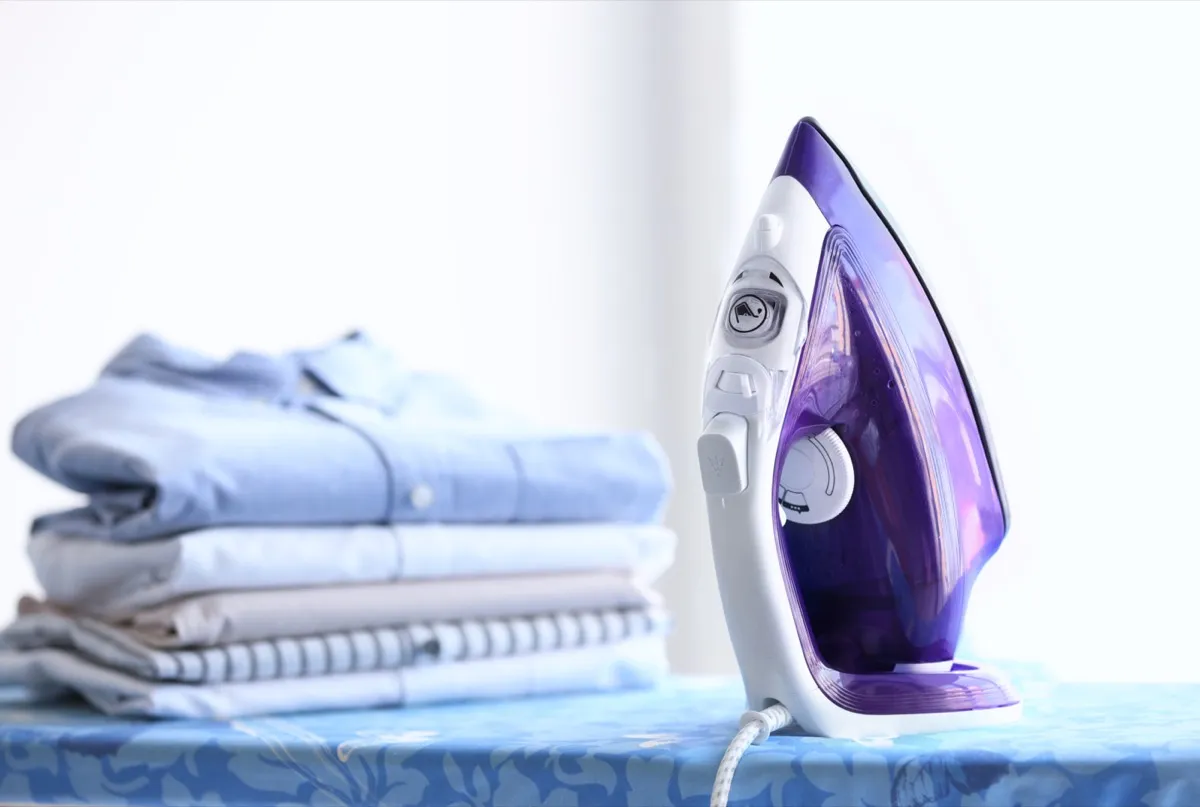
Whether you're pumping it to build up your muscles or using one to press your clothes, you most likely pronounce "iron" with two syllables ("eye-urn"). But, similar to the way they've transformed the word "downtown," Pittsburghers have turned it into a one-syllable word that comes out sounding like "arhn."
8
Oil

In the South, when someone asks you to pass the "all," they're probably asking for "oil." Also depending on where you are, you may hear a one- or two-syllable version ("oi-ull") of this word.
9
Drawer
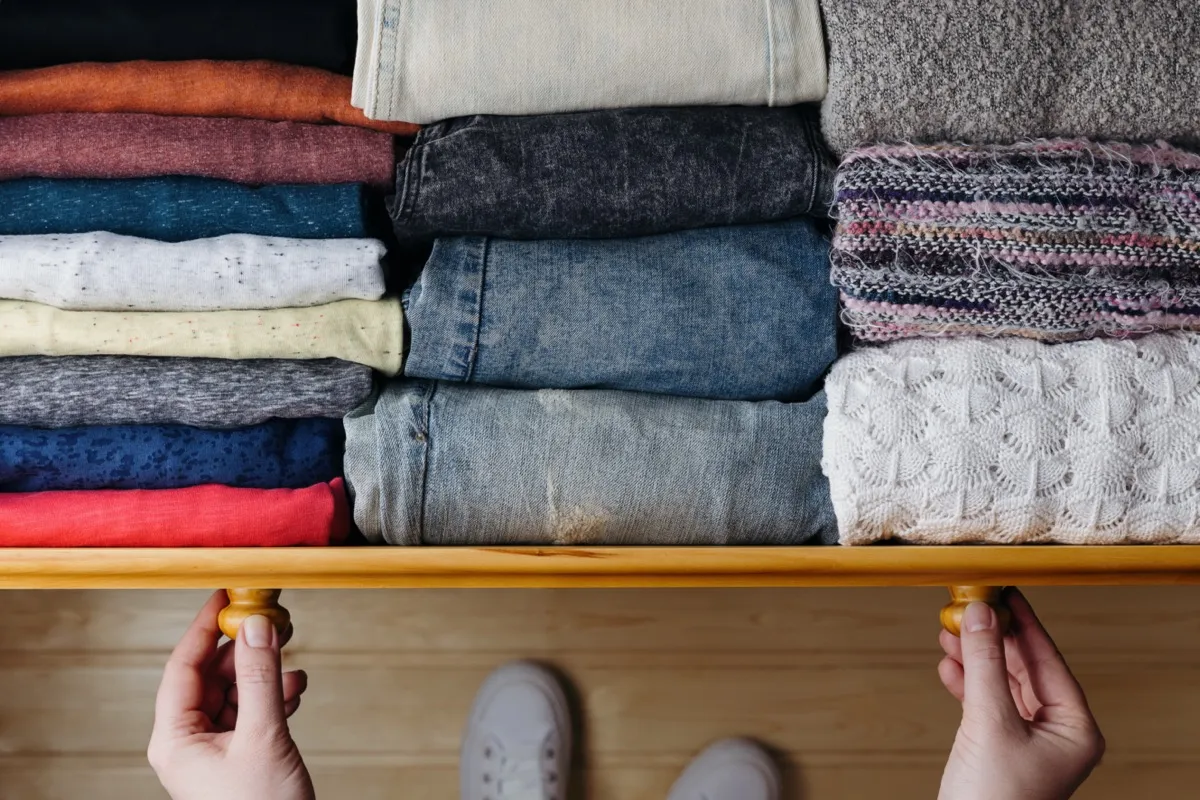
In most of the country, the word for an individual compartment in a dresser rhymes with the word "bore." But in the New York City area, "drawer" gets shortened to "draw," rhyming with "straw."
10
Bag
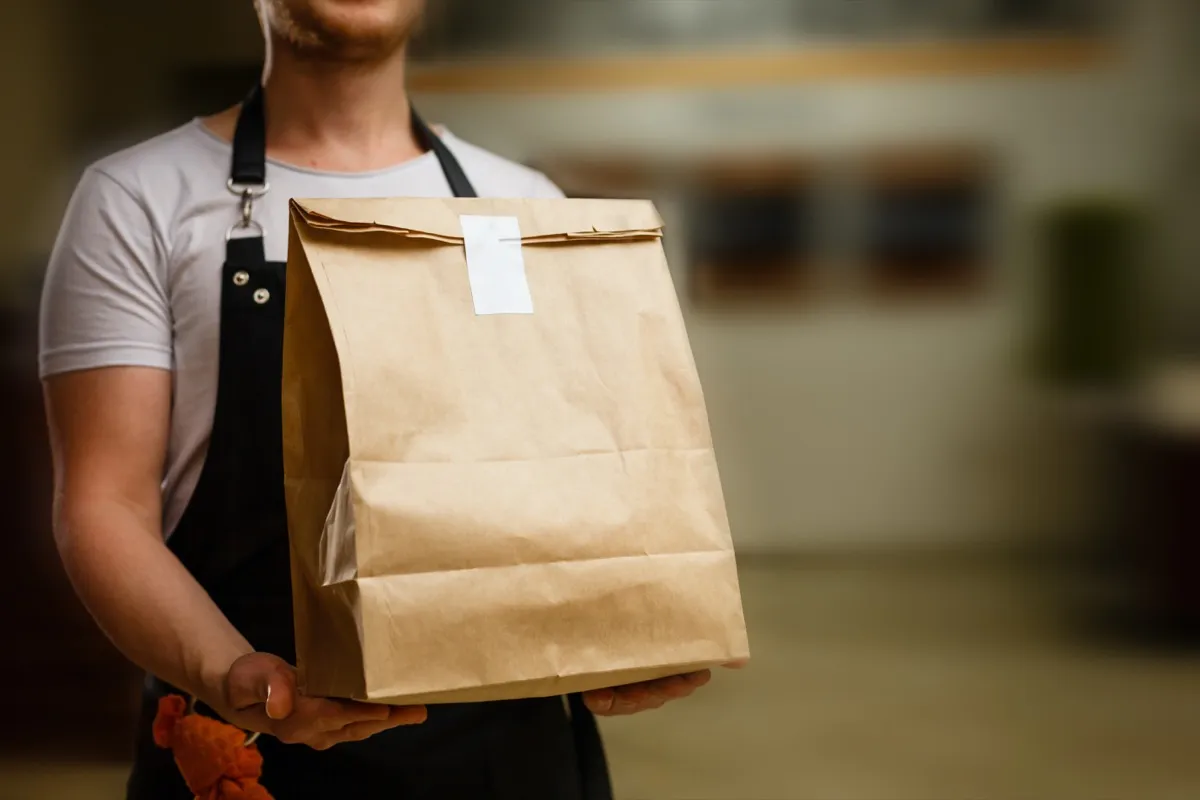
Shopping in Wisconsin? The clerk is likely to ask you if you'd like a "bayg" for your items instead of a "bag."
READ THIS NEXT: 40 Words That Will Instantly Reveal Your True Age.
11
Lilac
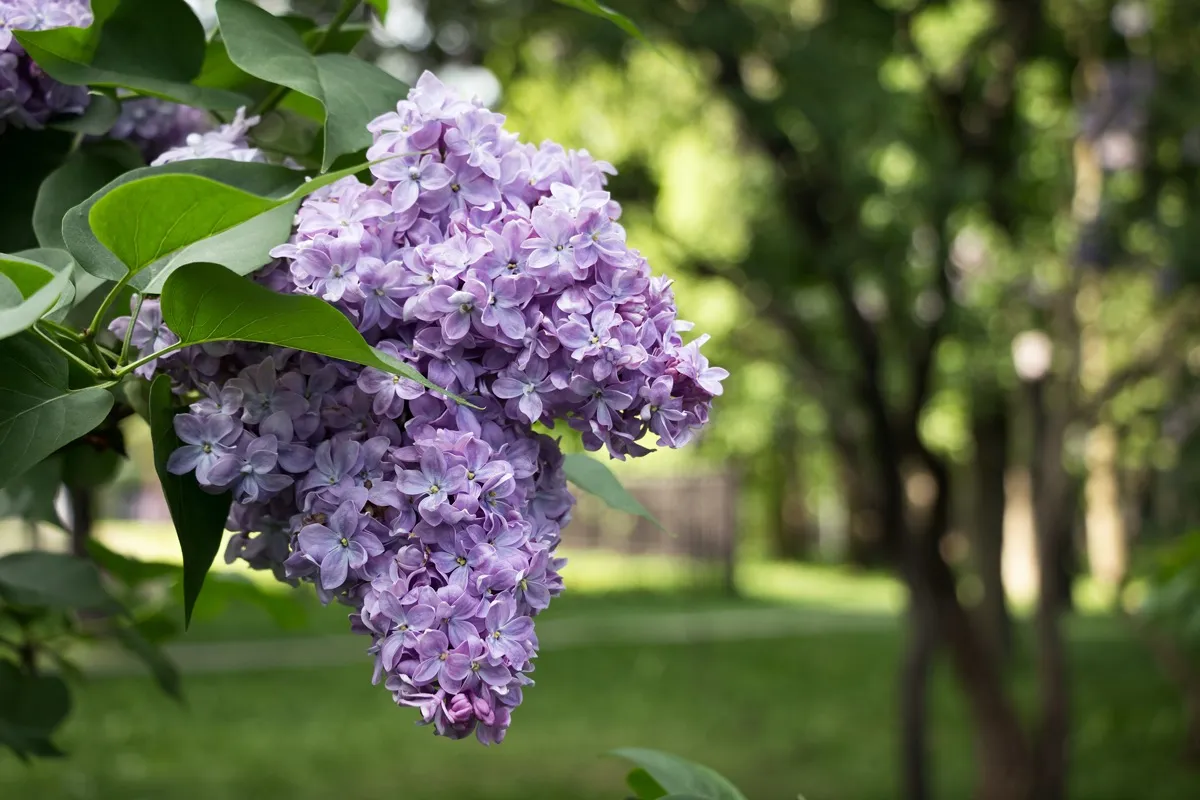
Chances are, you would refer to these small, fragrant, purple florals as "lie-lacks." But around Rochester, New York, the same plant is commonly called a "lie-lock." The town does have a famous Lilac Festival, so perhaps they know something we don't.
12
Bagel
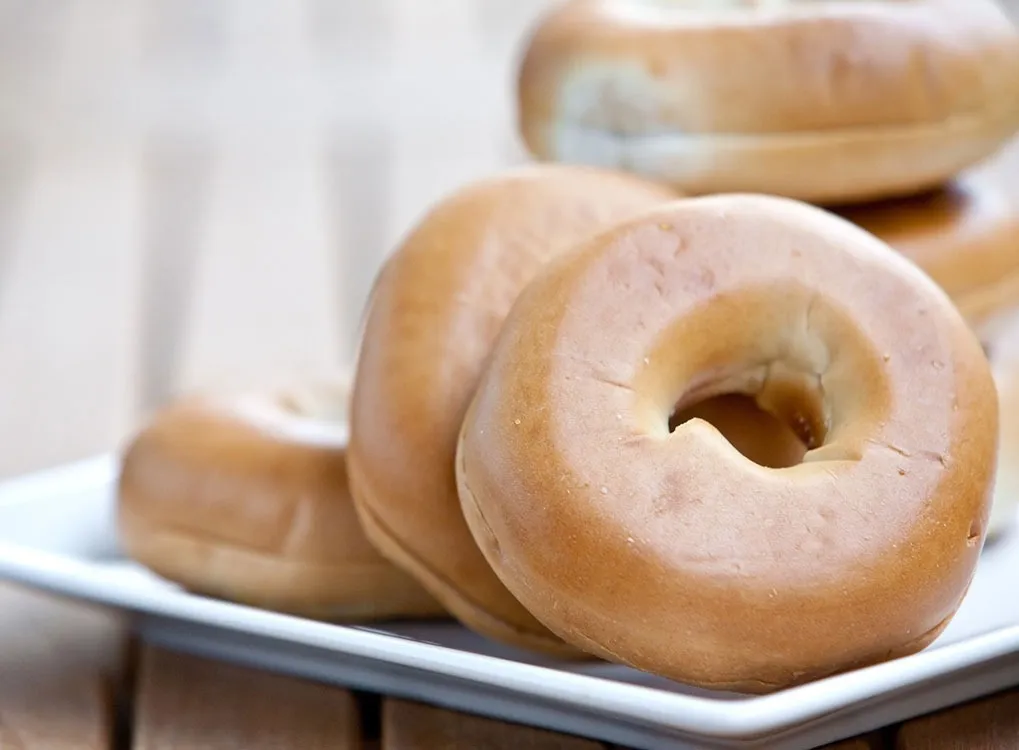
This delicious morning staple has several ways of being pronounced, as it turns out. Most people—including New Yorkers, who are arguably the most knowledgeable on the matter—pronounce the word as "bay-gull," but many Midwesterners botch the word to sound like "bah-gull."
13
Coffee

You probably know where we're going with this one. Those in New York City, New Jersey, and the surrounding areas famously pronounce it "caw-fee." (It's even earned a spot in Urban Dictionary.) The rest of the country, however, will most likely order their "kaa-fee" with milk or sugar.
14
Caramel
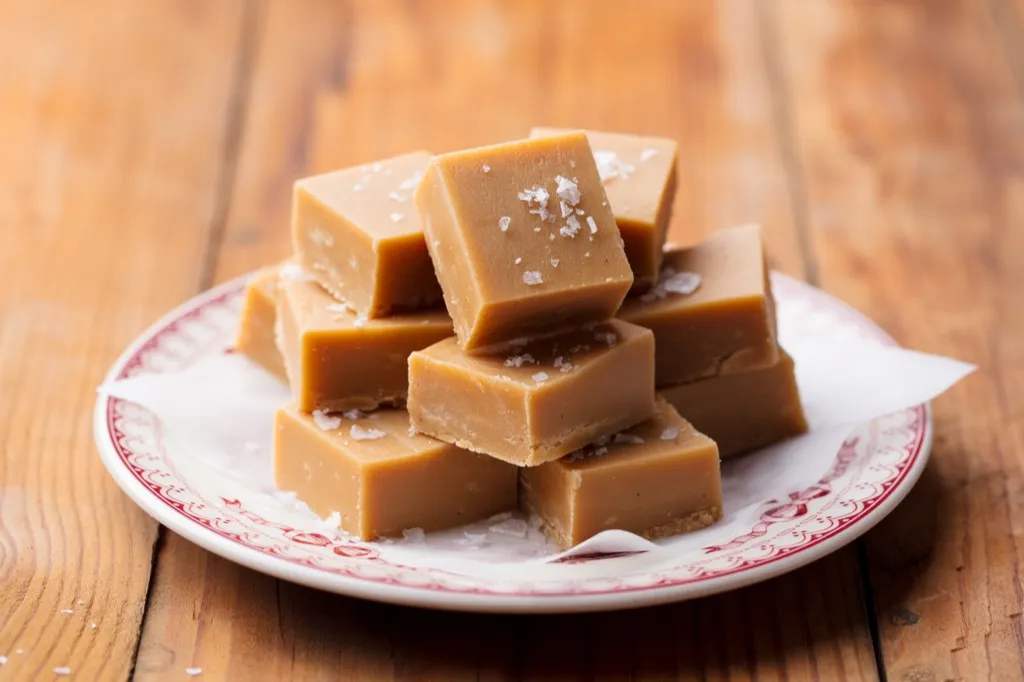
This sweet treat's pronunciation is rather controversial. The Harvard Dialect Survey shows that while the West Coast and Midwest pronounce the word "caramel" with two syllables like "car-mel," the majority of the East Coast sees the word as three syllables, pronouncing it "car-a-mel."
15
Syrup
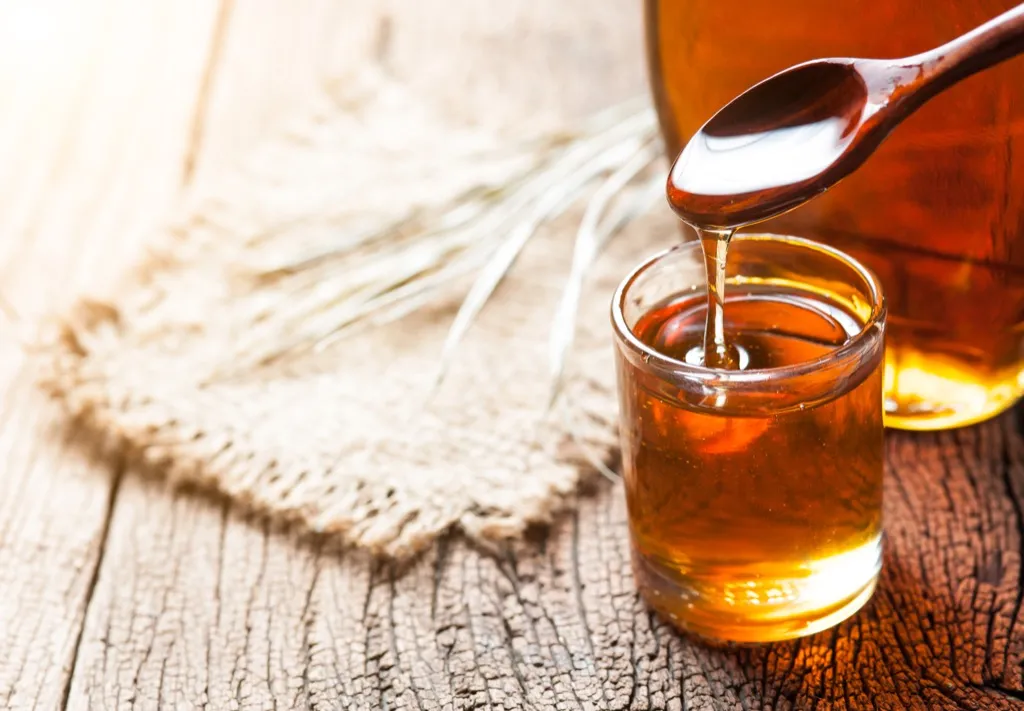
Could you pass the "sear-up"? No, but I can pass the "sirr-up." Yes, the syrup vs. syrup debate is a sticky one, but both pronunciations are considered acceptable.
16
Pajamas

What divides the country when it comes to "pajamas" is the word's second syllable. Head to Western and Midwestern states, and you'll find that the "a" in pajamas is pronounced like "jam," but spend time in any Southern or Eastern state and you'll hear an "a" as in "father."
17
Nevada

Be careful how you pronounce the name of this state in front of a native Nevadan. Though inhabitants of the East Coast refer to the home of the Las Vegas Strip as "Nev-AH-da" (with an "a" like "odd"), the correct pronunciation—according to the state's residents—is actually "Nev-AD-a" (with an "a" like "add").
18
Oregon

Oregon is yet another state name that people outside of the West Coast don't know how to pronounce. Contrary to popular belief, it's not pronounced "Or-a-gone", but "Or-a-gun." According to the University of Portland, even "Ory-gun" is acceptable.
19
New Orleans
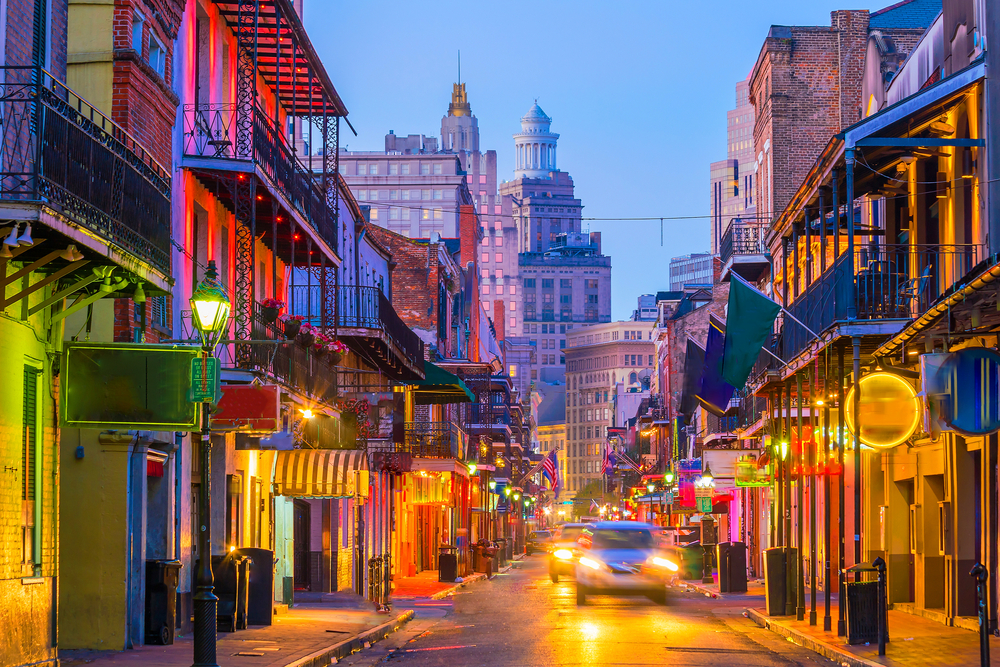
Even locals can't agree on how to pronounce the name of this city. Some people say "New Oar-lins," others say "New Or-leans," and a small subset even add an extra syllable to make it "New Or-lee-uhns."
20
Caribbean

As the region is named after the Caribs (pronounced kar-ib), the technically accurate pronunciation of the word "Caribbean" is "Kar-i-bee-in." However, many people (some Caribbean natives included) prefer the pronunciation "Ka-RIB-ee-in," and so both dictions are relatively commonplace.
For more culture and language content sent straight to your inbox, sign up for our daily newsletter.
21
Florida

Most Americans—Floridians included—pronounce the first syllable in Florida to rhyme with "sore." However, there are three other ways to pronounce this word: "Flow-ri-da," "Flah-ri-da," and "Flaw-ri-da." For the most part, these alternate pronunciations can be heard in Southern and Northeastern states.
22
Texas

Though the overwhelming majority of people pronounce "Texas" with an "s" sound, not everyone does. According to the Harvard Dialect Survey, just over five percent of respondents—primarily people in Northern and Midwestern states—say the state's name with a "z" sound.
23
Tour

Depending on who you ask, you could either embark on a "tore" of a city, or you could embark on a "toor" of a city. Both Merriam-Webster and the Macmillan Dictionary advise you to pronounce it as "toor," but that isn't to say that "tore" is wrong—it really just depends on what you were taught.
24
Lawyer
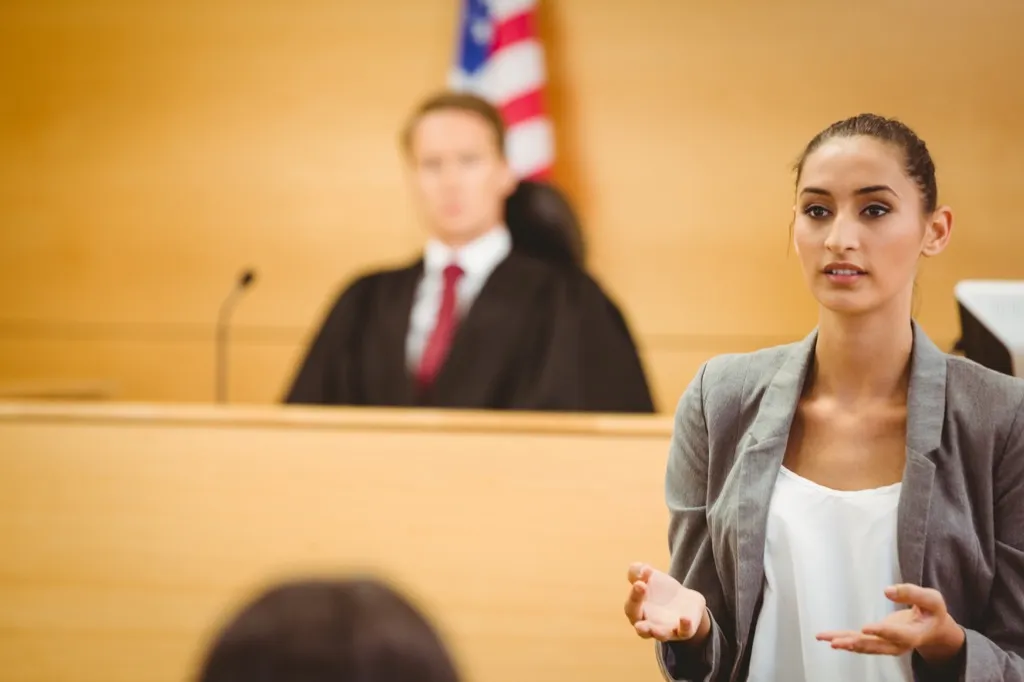
The researchers behind the Harvard Dialect Survey also discovered that while most Americans pronounce the word "lawyer" in such a way that the first syllable rhymes with "boy," Southerners emphasize the "law" in lawyer so the first syllable makes a "saw" sound.
25
Marry/Merry/Mary
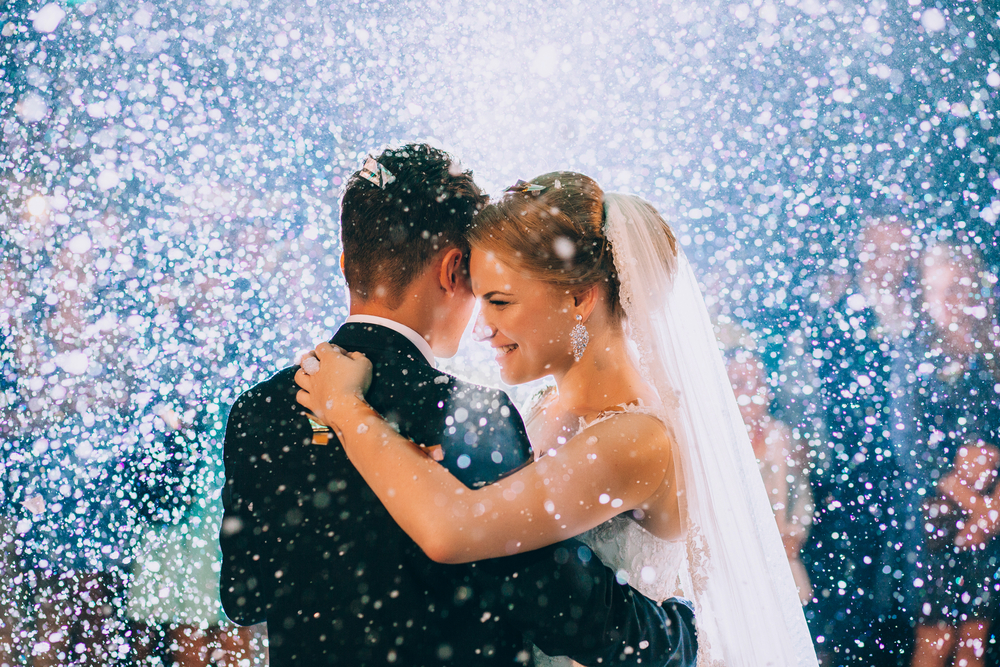
If you were to say the sentence "I feel merry about marrying Mary," would your pronunciations of "marry," "merry," and "Mary" sound any different? Most Americans will find that these words come out to sound exactly the same—but if you're from a big city in the Northeast, then it's probable that the way you sound out each word differs, with "marry" taking on the same vowel as "cat," "merry" taking on the same vowel as "pet," and "Mary" taking on the same vowel as "fair."
26
Caught/Cot
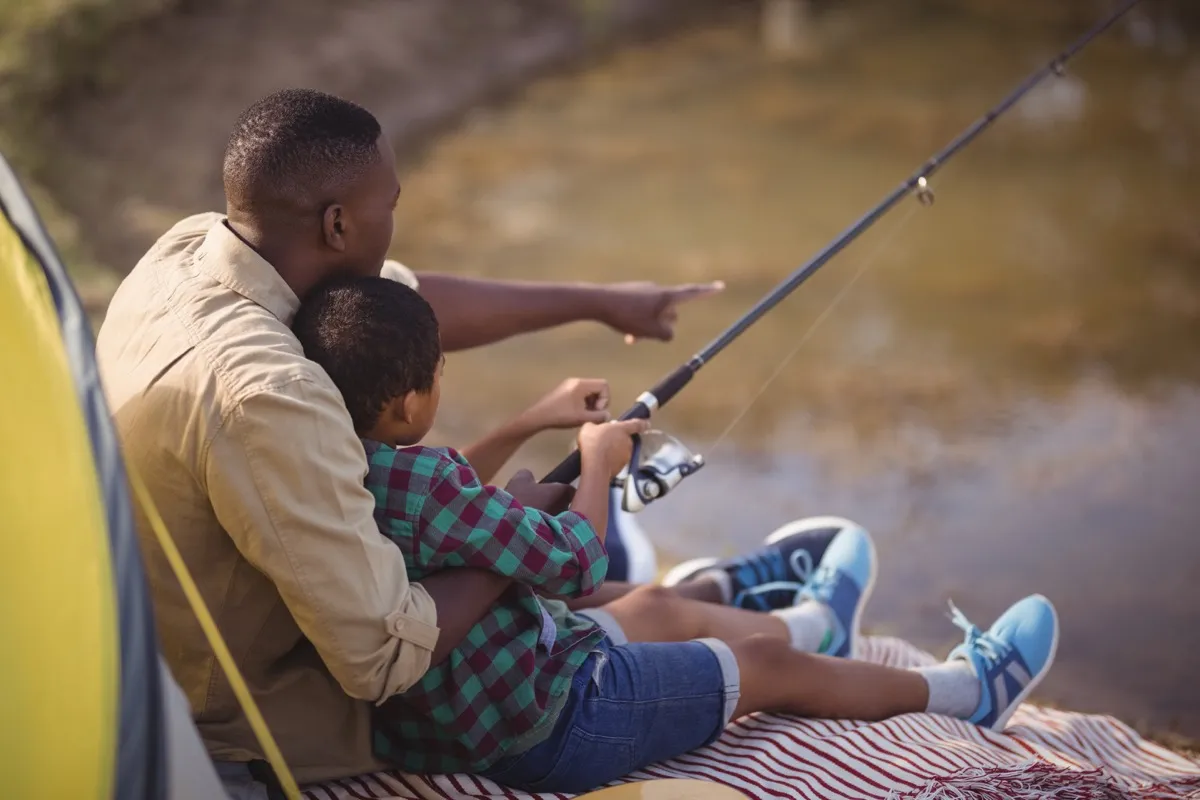
Do you hear a difference in pronunciation between the words "cot" and "caught"? If so, you probably didn't grow up on the West Coast or in the Midwest. The Harvard Dialect Survey found that the majority of people from these regions pronounced these words in the same way. People on the East Coast and in the South, meanwhile, tend to pronounce them distinctly different.
27
Envelope
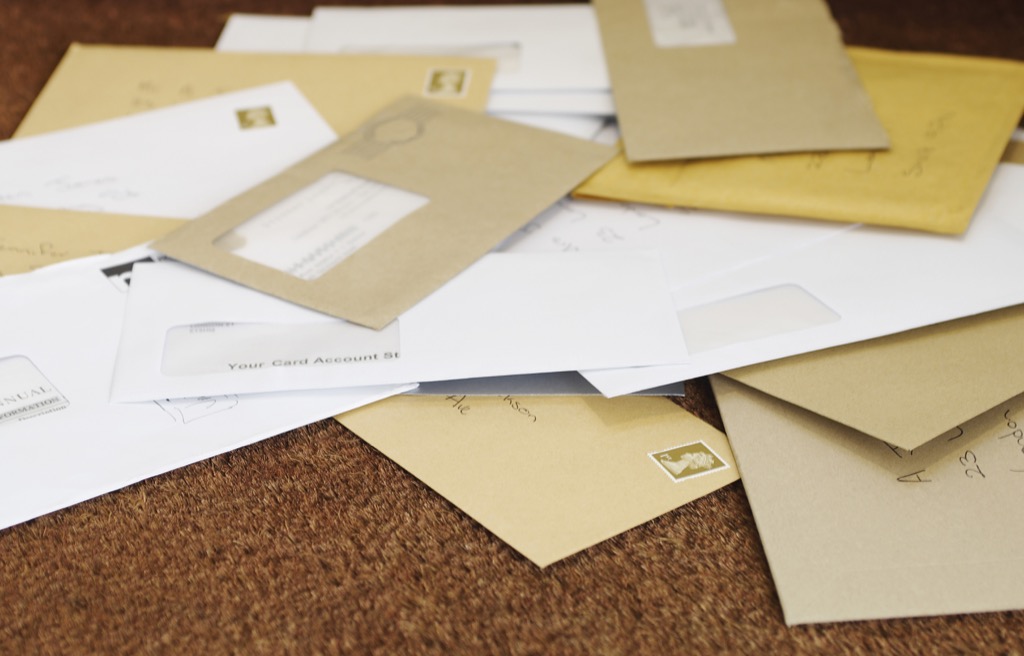
Most people pronounce the first syllable in the word "envelope" like "pen"—but if you ask around enough, you will find that some pronounce the first syllable like "on." That's because the English word originates from the French word for envelope (enveloppe), which favors the latter pronunciation.
28
Aunt

Some people, especially Southerners, see the word "aunt" and pronounce it no differently than the word's homonym, "ant." But others—particularly those in the Boston area—pronounce the word so that it rhymes with "daunt," paying homage to the colonies' former motherland.
29
Almond
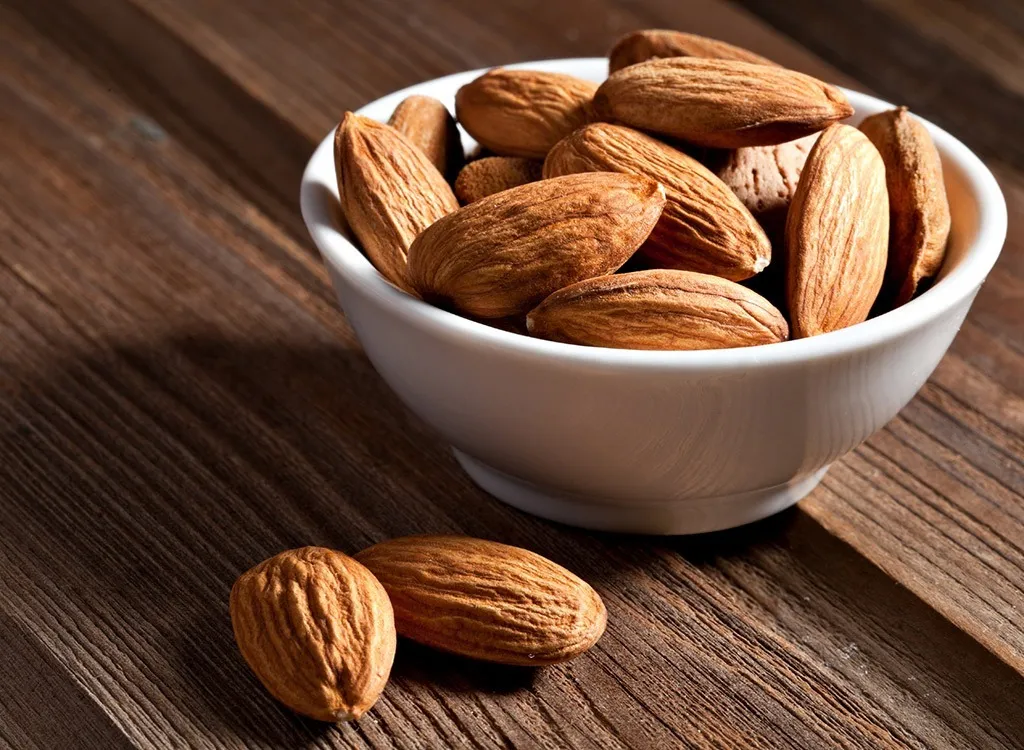
The various pronunciations of the word "almond" originate from when many people were emigrating from Europe to the United States, bringing with them their native languages and thusly their own versions of various words. So, call it an "al-mond," an "am-end," or an "ahl-mend"—regardless of pronunciation, you're still referring to the same thing.
30
Salmon
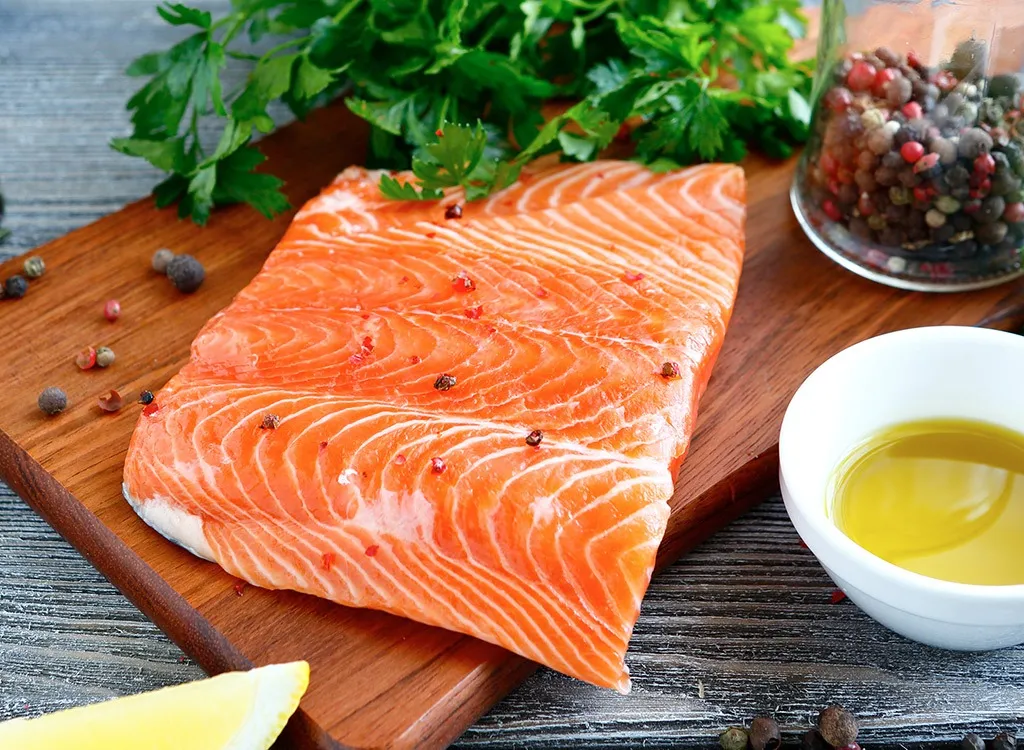
Given how many Americans are not native English speakers, it's no surprise that so many are saying the word "salmon" with a distinguishable "l" sound. In languages like Spanish and Italian, the "l" in salmon is very much heard, and that often carries over into pronunciations for people who are learning English as a second language. In the case of this fish, though, there is only one right pronunciation, and it involves no "l" sound whatsoever.
READ THIS NEXT: This Is the Most Annoying Word You Keep Using.
31
Pecan
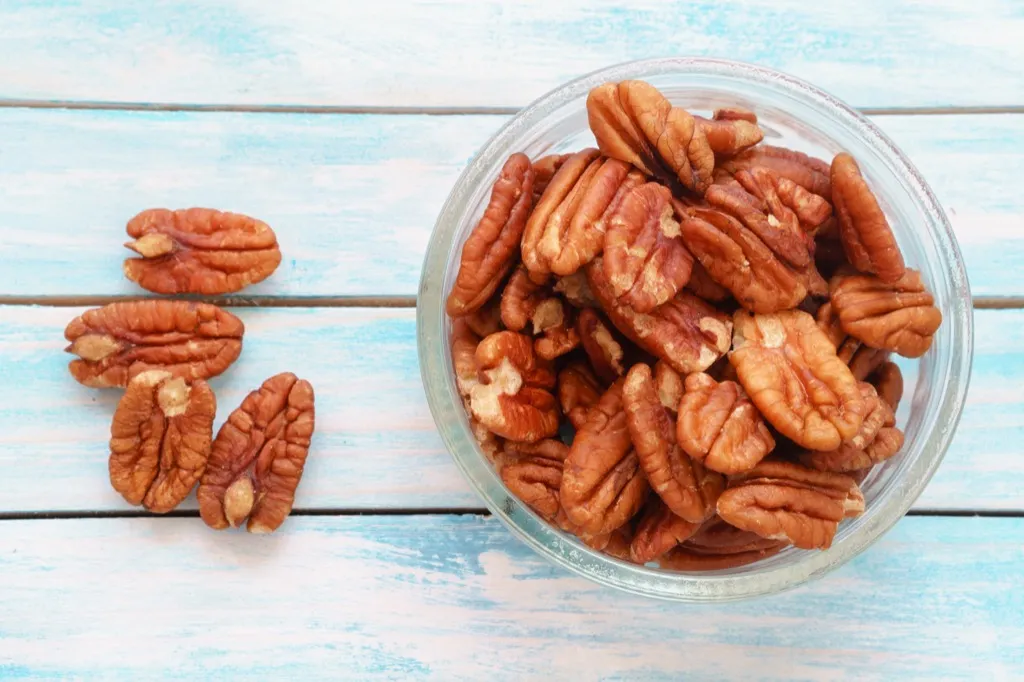
Whether you pronounce the word "pecan" as "pee-can" or "puh-kahn" is more complicated than you think. When the National Pecan Shellers Association polled Americans about how they pronounced the name of the nut, they found that there were divides not just among regions, but within them as well. Per a write-up by The Washington Post, the survey concluded that there was no single pronunciation of the word designated for each area, with 45 percent of Southerners and 70 percent of Northeasterners favoring "pee-can."
32
Mayonnaise

As if the debate on what to call a giant sandwich wasn't enough (is it a sub, a hero, or a hoagie?), Americans find it necessary to argue over the correct pronunciation of the sandwich's condiments, too. Though there are some slight variations within regions, the general consensus is that in the West and Midwest, you'll put "may-uh-naze" on your sandwich, and in the North and South, you'll use "man-aze."
33
Cauliflower
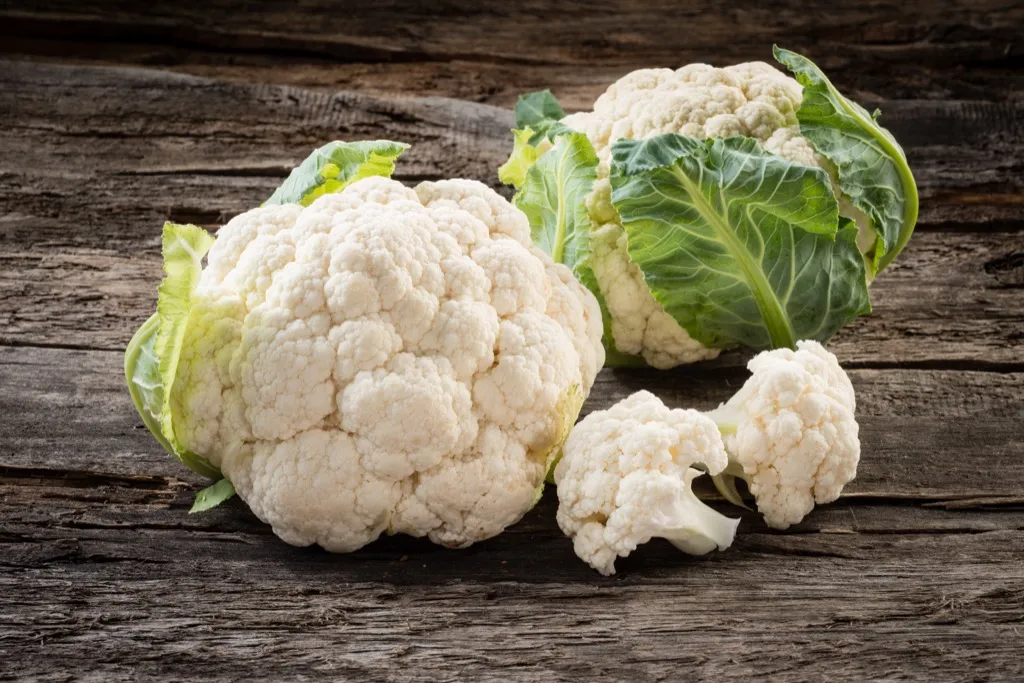
Is that vegetable you eat "caul-ee-flower" or "caul-ih-flower"? In the Northeast, you're most likely to hear that second syllable pronounced like "see." In the rest of the country, however, that "i" takes on the same sound that it does in "sit."
34
Coyote

Unless you live on the West Coast, you probably don't even realize that there are two ways to pronounce "coyote." "Ki-ote is a Colorado-Wyoming kind of pronunciation," Andrew Cowell, director of linguistics at CU Boulder, told 9 News. "If you come from the East, you're much more likely to say ki-o-tee."
35
Bit
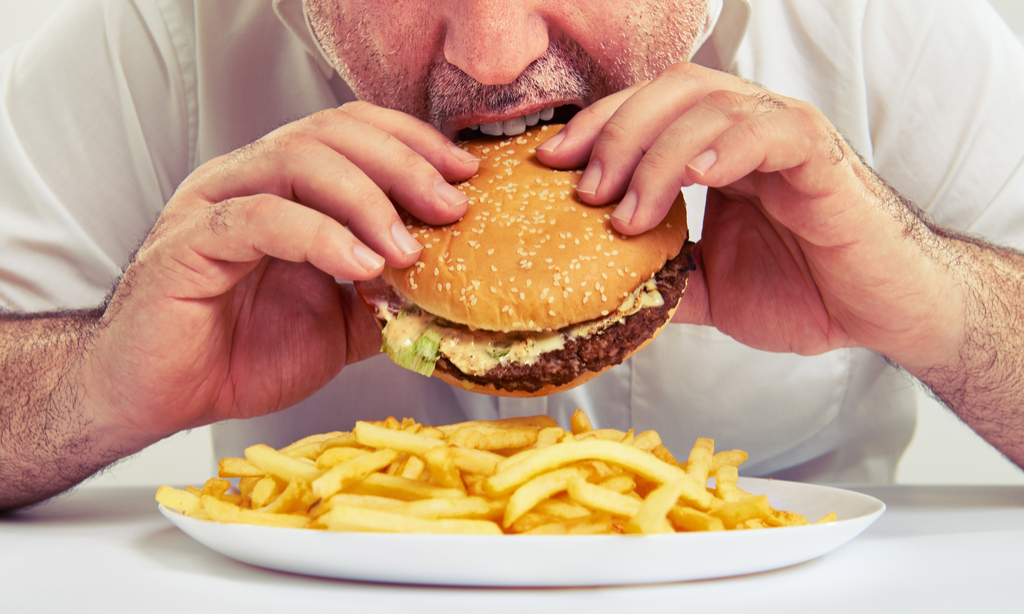
Somehow, even three-letter words with one syllable have managed to take on several pronunciations. While the hefty majority of Americans pronounce the word "bit" like "sit," there are some people (particularly in parts of Colorado) who say it like "bet." (And since "bit" sounds like "bet," "bet" then sounds like "bat." It's all very confusing.)
36
Grocery
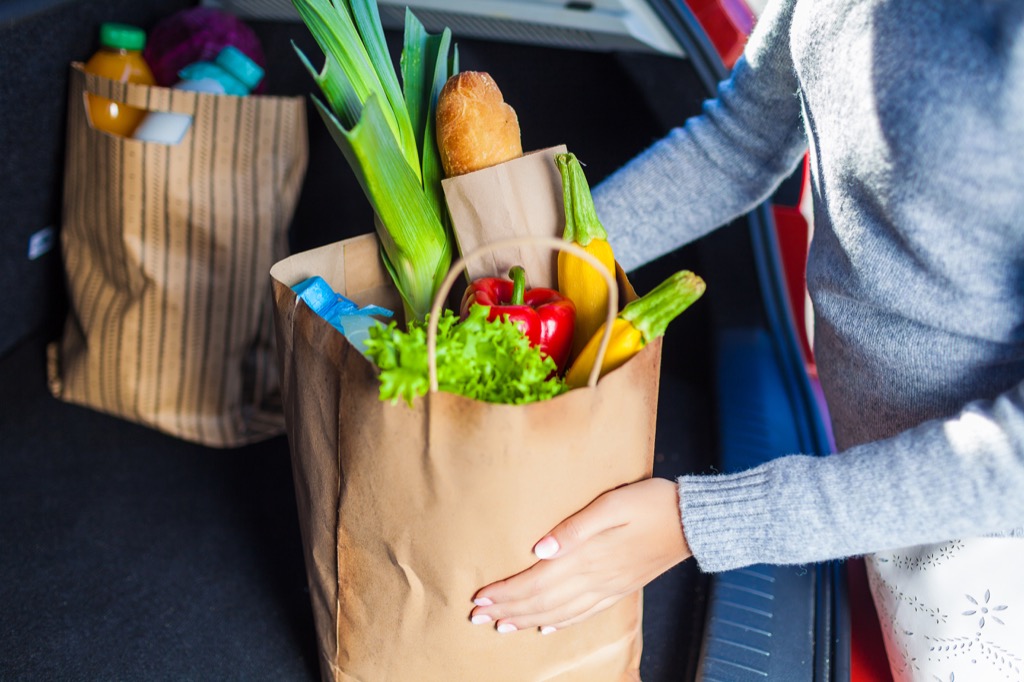
What do you call the food items that you purchase at the market? "Gro-sir-ees," of course! But not so fast: If you're from the Midwest, you might replace the "sir" sound with an "sh," calling your shopping haul "grosh-rees" instead.
37
Crayon

Some people pronounce it "cray-awn," rhyming with "dawn," others pronounce it "cray-ahn," rhyming with "man," while still others shorten it to one syllable—"crayn," rhyming with "ran." According to Crayola, arguably the top crayon experts, the correct way to say it is "cray-awn," but even they admit that there are too many regional differences to try and implement a single pronunciation.
38
Mirror

When saying the words "mirror" and "mere" out loud, do you hear a significant difference? Folks from the East Coast might be surprised to learn that the answer to this question for some people is no, as their pronunciation of the word "mirror" makes it just one syllable, disregarding the "-or" altogether.
39
Mischievous

The word "mischievous" is spelled so that it should be pronounced like "mis-che-vous," but somehow the Harvard Dialect Survey found that over 26 percent of Americans pronounce the word with four syllables. Why? According to Merriam-Webster, a variant spelling of the word with an "-ious" ending existed as far back as the 16th century, though today both this spelling and pronunciation are considered "nonstandard."
40
Coupon
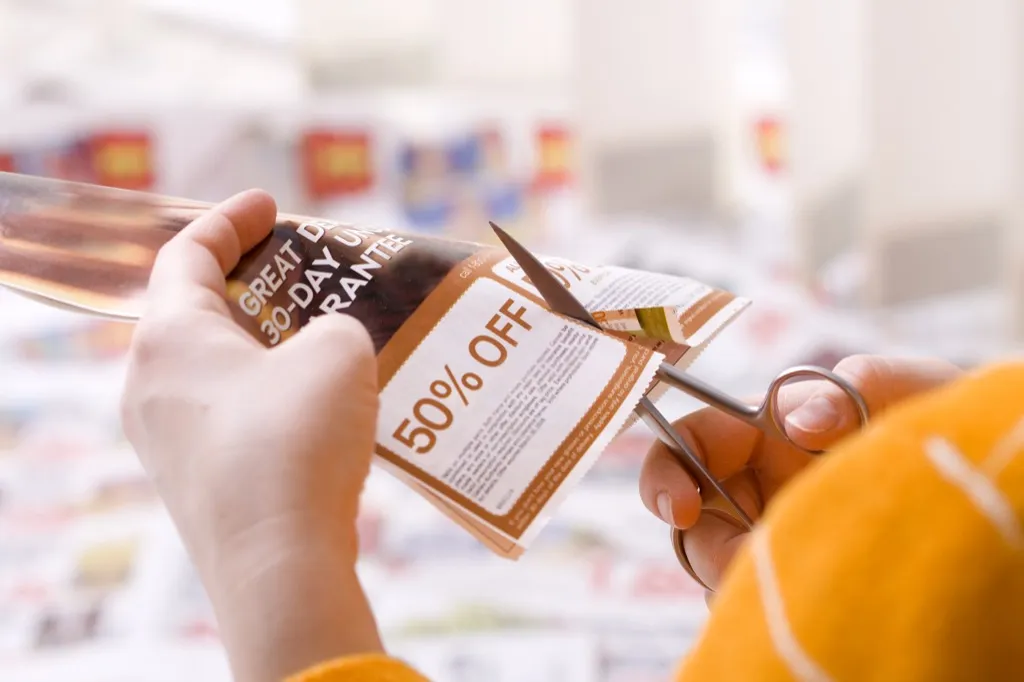
You don't pronounce the word "cool" with a "q" sound, so you wouldn't think to pronounce the word "coupon" with a "q" sound either, right? Unfortunately, it's not that simple. Though the word's accepted pronunciation is the simple "koo-pon," many an individual pronounce the first syllable of the word like "kyoo," as if they're sounding out the letter "q."
READ THIS NEXT: Hard Riddles (With Answers) That'll Leave You Totally Stumped.
41
Poem

Wherever you travel to in the United States, you'll find people who pronounce the word "poem" as both "pome" (rhyming with "home") and "po-emme." The pronunciation of this word is not limited to regions, but simply to personal preference. According to Dictionary.com, however, it's got two syllables.
42
Flourish

Undoubtedly, Beyoncé is flourishing. But is she "flore-ishing," "fluh-rishing," or "flurr-ishing"? It really all depends on whom you ask. The Harvard Dialect Survey found that while "flurr-ish" is the preferred pronunciation, there are many Midwesterners and Northerners who say "flore-ish" and some folks living in the Northeast who say "fluh-rish."
43
Candidate
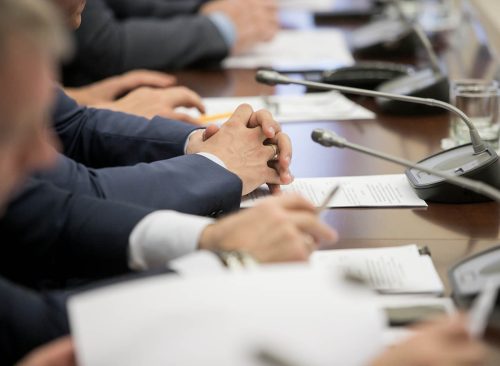
The next time you're listening to political commentary, notice that certain news anchors may say "candi-date," while others may say "candi-dit." The Cut interviewed Vaux about the difference, and he said that both are correct, however, since the latter pronunciation is British, those in the Northeast (who have more ties to Britain) are more likely to say it that way.
44
Creek

The majority of Americans can agree on the fact that the "ee" in "creek" is pronounced like "seek." However, in the Harvard Dialect Survey, approximately four percent of people noted that they pronounced the "ee" in creek so that it sounded like "sit." Most of these people were from Midwestern states like Minnesota, Wisconsin, and Iowa.
45
Handkerchief

Does the last syllable in "handkerchief" have the same sound as "seek" or "sit"? Per the Harvard Dialect Survey, most people in the Northeast would say "seek," while the rest of the country would go with "sit."
46
Adult

"Adult" is considered to be a "toilet paper roll" word. That is to say, whether you choose to pronounce it like "add-ult" or "uh-dult," you are correct—just as you'd be correct in placing your toilet paper roll either under or over.
47
Asterisk

"Asterisk" might not come up often in conversation, but when it does, it's pronounced differently depending on the region. In parts of the Northeast, it's pronounced "asteri[ks]"; up and down the Northern coast, it's pronounced "asteri[k]"; and in the rest of the country, it's simply "asteri[sk]."
48
Realtor

How many syllables are there in "realtor"? Ask someone from the Northeast and they'll probably tell you that there are only two. Ask someone from the Midwest or the South, however, and they're more likely to use three syllables, pronouncing it either "reel-uh-ter" or "ree-l-ter."
49
Monday
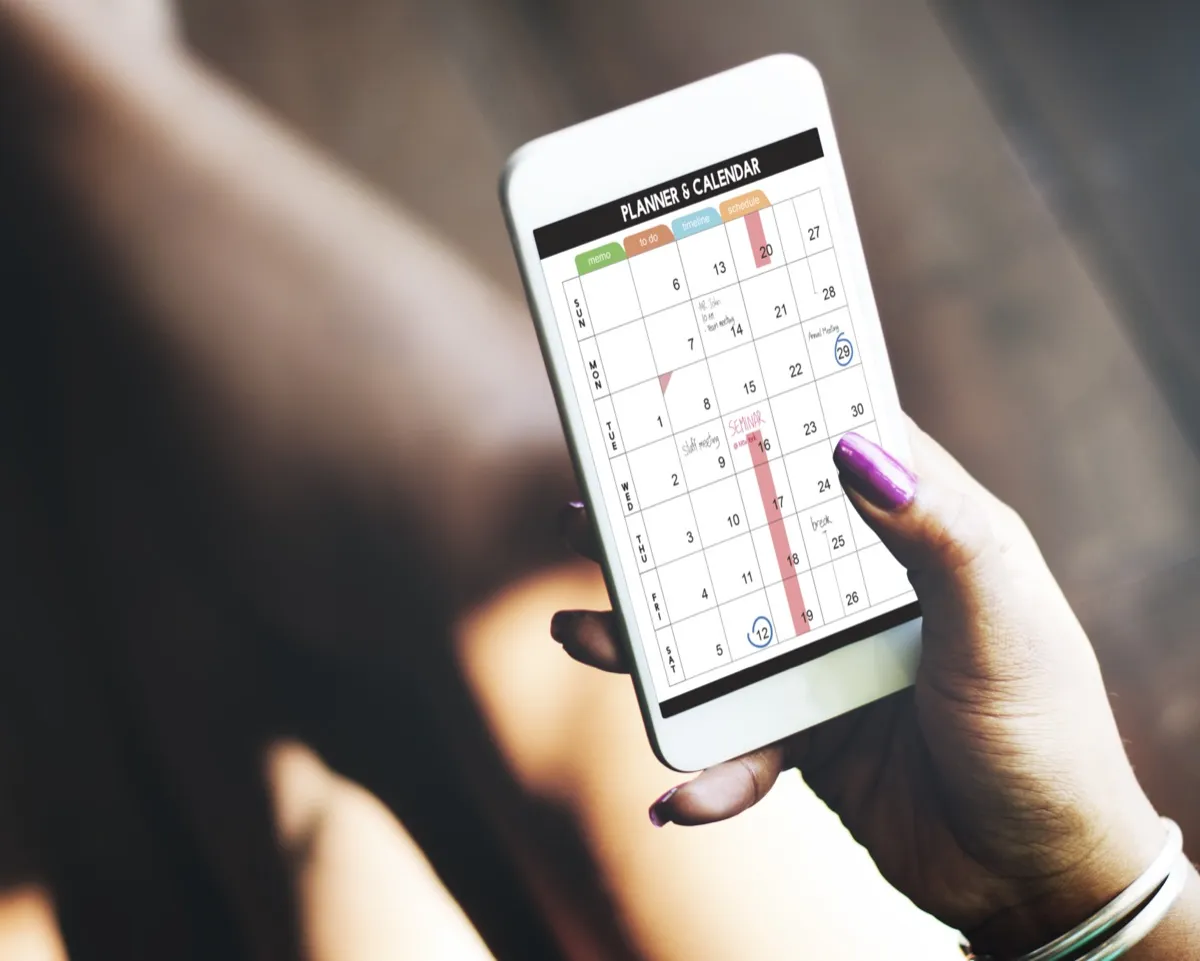
Most people will say the days of the week—Monday, Tuesday, etc.—and pronounce the second syllable so that it rhymes with "say." A small portion of the population, however, primarily in the South and Midwest, will say this syllable so that it rhymes with "see."
50
Quarter
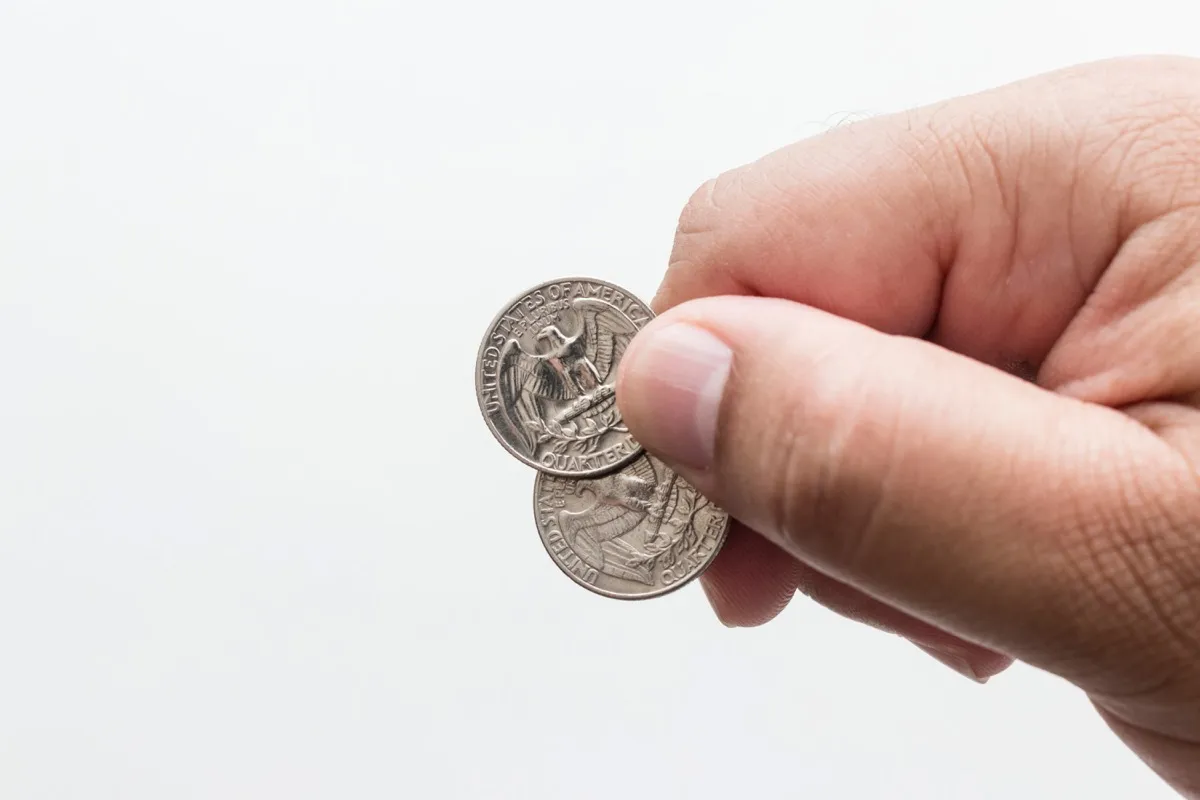
Most Americans pronounce the word "quarter" so that it has a "kw" sound at the beginning. However, some people in the Northeast and Midwestern regions pronounce this word so that the first syllable is more of a "k" sound.
READ THIS NEXT: 20 Slang Terms Every 1980s Kid Will Remember.
51
Roof

If you've stayed in one place for your entire life, then you might not even know that there's more than one way to pronounce the word "roof." But surprisingly, there are actually two common ways to pronounce this four-letter word. While people born and raised in the West tend to pronounce the word as if it rhymes with "hoof," those from the East see it as rhyming with "poof."
52
Miracle

Most Americans pronounce the first vowel in "miracle" so that it sounds like "knit." However, the Harvard Dialect Survey discovered that in the Northeast region, people tend to pronounce this vowel so that it sounds more like "near." There is even a small group of people in the Northeast who pronounce this sound to rhyme with "net"!
53
Really

Though the word "really" is pronounced differently across the country, it doesn't appear to be due to regional differences. In the Harvard Dialect Survey, researchers found that people from coast to coast pronounced the word "reely," "rilly," and "ree-l-y."
54
Insurance

Most Americans pronounce the word "insurance" with an emphasis on the second syllable. But in some parts of the country—mostly in the Northeast and Midwest regions—people will emphasize the first syllable instead, calling it "INsurance."
55
Route

The pronunciation of the word "route" is a little bit complicated. Though Northeasterners tend to pronounce it so it rhymes with "hoot" and Midwesterners tend to pronounce it so it rhymes with "out," just over 30 percent of respondents in the Harvard Dialect survey noted that they can (and do) pronounce it both ways.
56
Et Cetera

There is not one, not two, not three, but four different ways to pronounce "et cetera." Though the most popular way to say it is "e[ts]etera," people also say "e[ts]etra," "eksetera," and "eksetra."
57
Garage
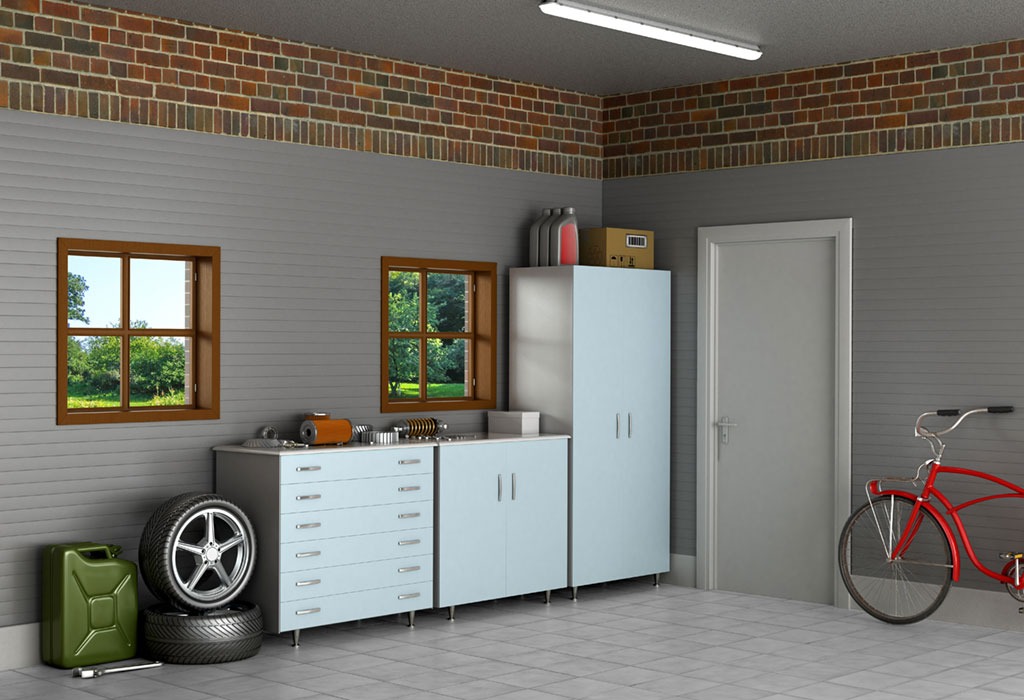
Dialect differences have divided Americans into two categories: those who say "ga-rah-ge," and those who say "ga-redge." But hey, however you pronounce it, at least you're not calling it a car park!
58
Get

"The word get does not rhyme with yet here in the South," writes Sarah Johnson, a South Carolina native and Southern accent specialist. "We say it like 'git.' There is a common rhyme teachers use at school when students complain about not getting their first choice. In the North, you might say: 'You get what you get, so don't be upset.' But that does not rhyme for us. We say, 'You git what you git, so don't throw a fit.'"
59
Can't

"Get" isn't the only word that Southerners pronounce differently. According to Johnson, "the word can't in many small towns [in the South] actually rhymes with paint."
60
Pen

In some parts of the south, the word "pen" often rhymes with "pin." According to a dialect project from the 1990s conducted at North Carolina State University, this pattern can also be seen in words like "tin" and "ten," "windy" and "Wendy," and "sinned" and "send."
